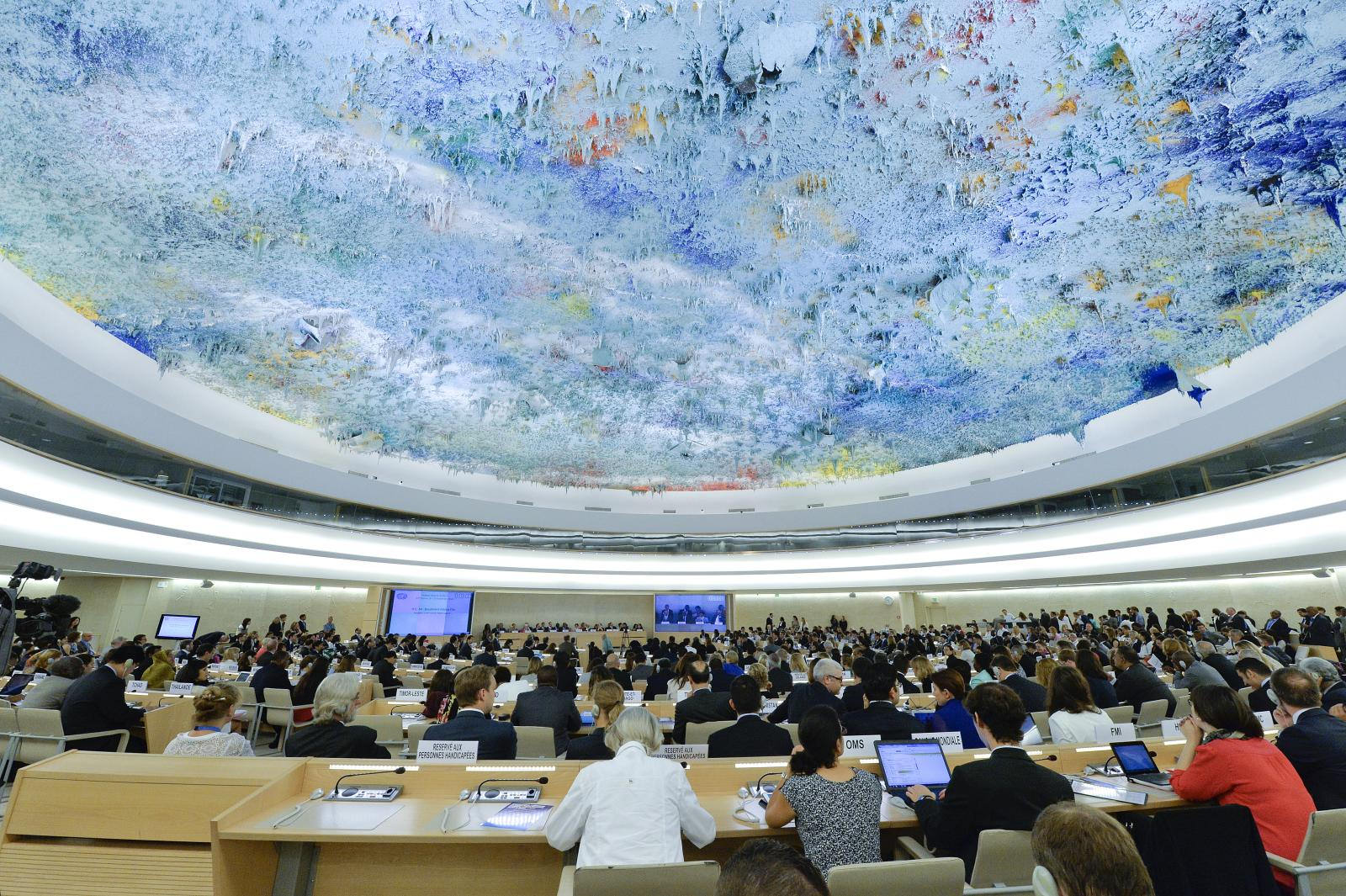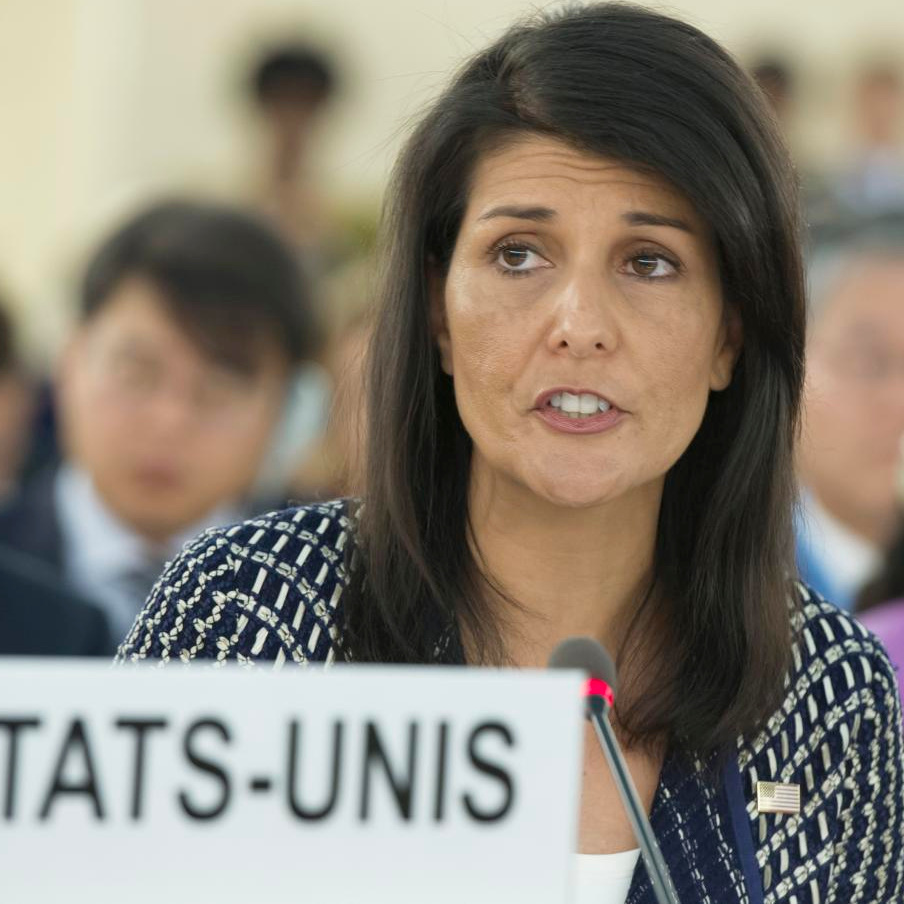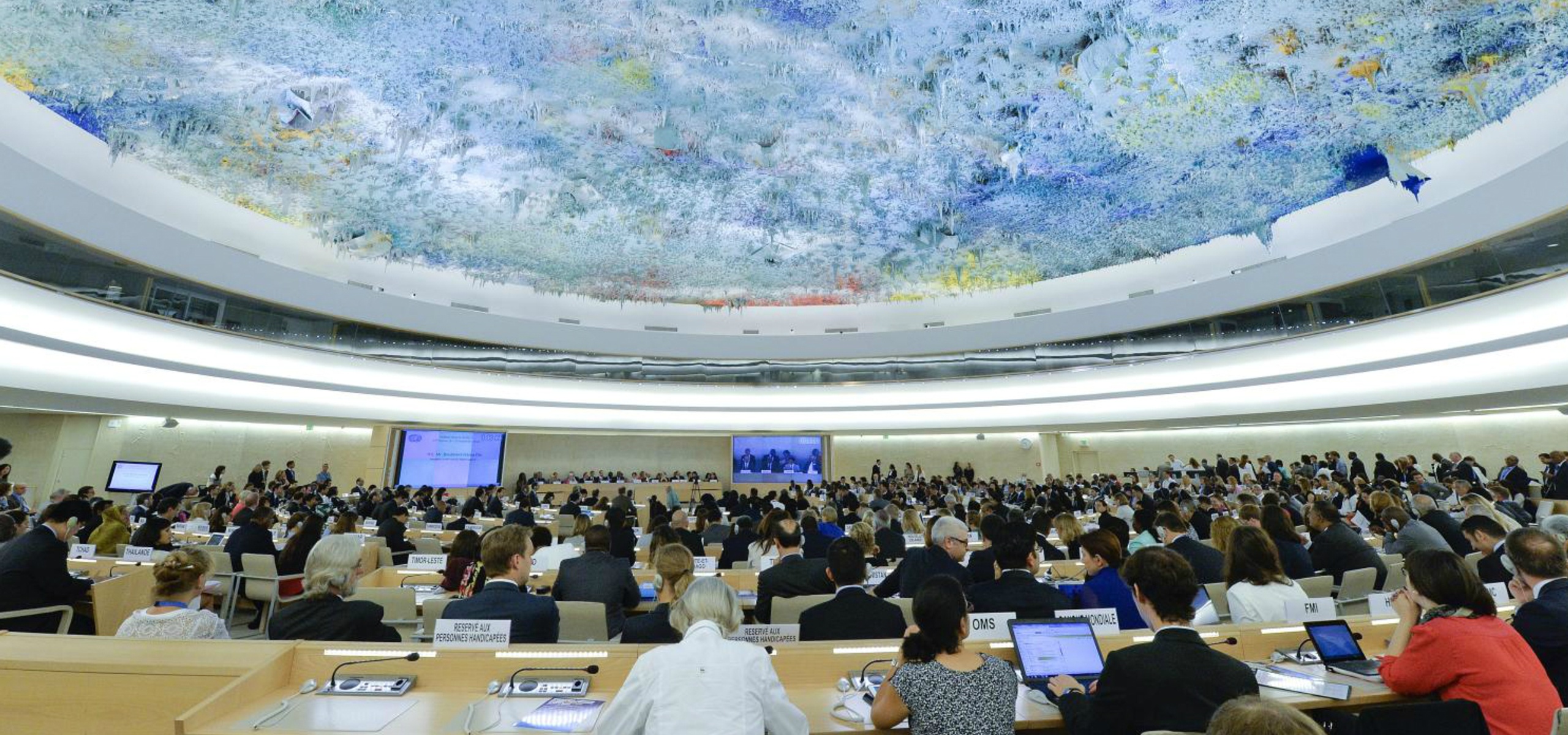On June 20, the United States announced its withdrawal from the United Nations Human Rights Council, arguing that the body has a bias against Israel and that it allows notorious human rights abusers such as Venezuela, Congo, China, or Egypt to be members. The decision to withdraw is the first of its kind since the Human Rights Council was established in 2006. Stepping out of the Council, however, will not effectively address US concerns. More likely, it will only serve to hurt both the Council’s and the United States’ legitimacy to advance human rights in the future.

The Human Rights Council is an inter-governmental body with 47 Member States that are elected by the General Assembly for a three-year term. The Council is responsible for strengthening the promotion and protection of human rights around the world and for addressing situations of human rights violations by making recommendations to governments on how to handle them. It has the ability to discuss all thematic human rights issues and situations, in contrast to other bodies that are restricted geographically or thematically, such as the Inter-American Commission on Human Rights, the European Court of Human Rights, the African Commission on Human and Peoples' Rights, or the U.N. treaty bodies.

U.S. Ambassador to the United Nations, Nikki Haley, explained that the United States took this step because its commitment to human rights does not allow it “to remain a part of a hypocritical and self-serving organization that makes a mockery of human rights.” Yet the timing of the withdrawal raises questions about US motivations and leadership. The withdrawal, came soon after the U.N. High Commissioner for Human Rights, Zeid Raad Al Hussein, criticized the Trump Administration’s Zero Tolerance policy, which separated children from their families at the border when their parents were referred for criminal prosecution due to crossing the border illegally.
The departure from the HRC by the Trump Administration is irrational—it is not an appropriate measure to solve the problems it is denouncing; on the contrary, the US withdrawal will likely worsen the situation. For example, without the U.S. presence on the Council, the number of resolutions and sessions that exclusively criticize Israel is only likely to increase. Additionally, the U.S. withdrawal will probably reduce its influence in future elections of State Members of the Council in the General Assembly.
Furthermore, the main effect of this withdrawal is the undermining of international human rights law and the de-legitimization of one of the most important human rights bodies in the world. The United States has been a crucial actor in the Council, providing a much-needed check to countries with a poor human rights record in a political organism that might, going forward, be dominated by them. Withdrawal also diminishes U.S. credibility in its efforts to promote and protect human rights throughout the world. By disrespecting such a significant body, its leadership in human rights issues could be highly contested.
If the U.S. truly wants to improve the implementation of human rights law around the globe, withdrawing from the Council without offering alternative measures or feasible proposals to improve its function is not the best option. As the U.N. High Commissioner for Human Rights explained, “Given the state of human rights in today's world, the US should be stepping up, not stepping back”.
